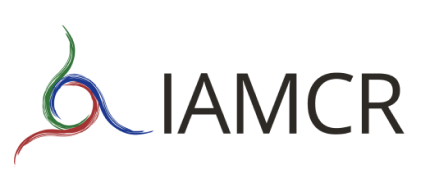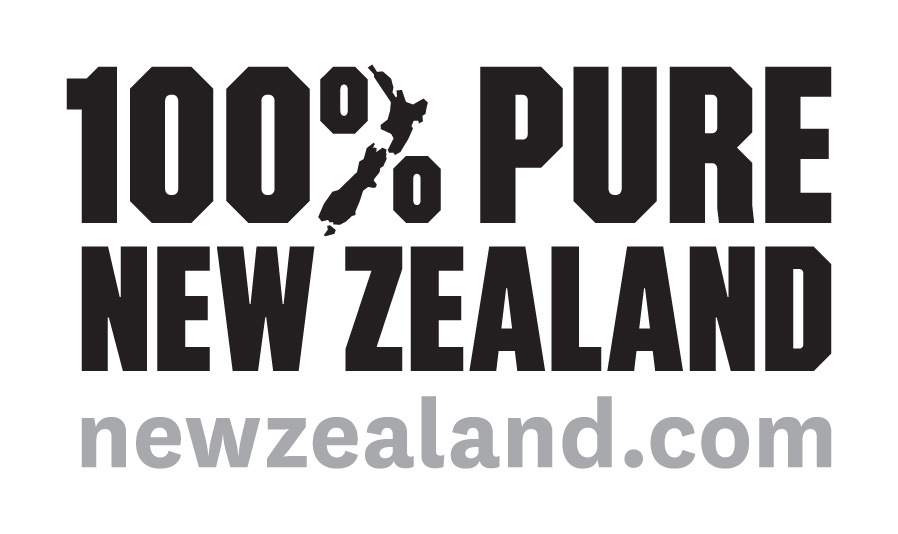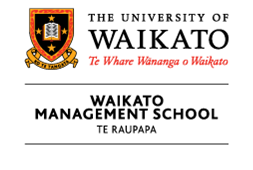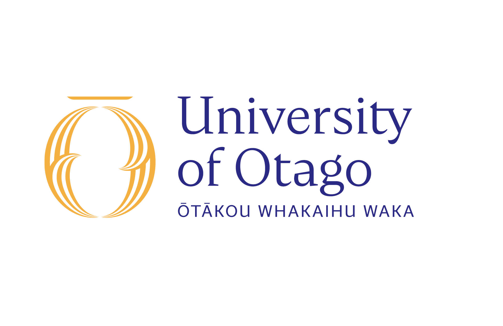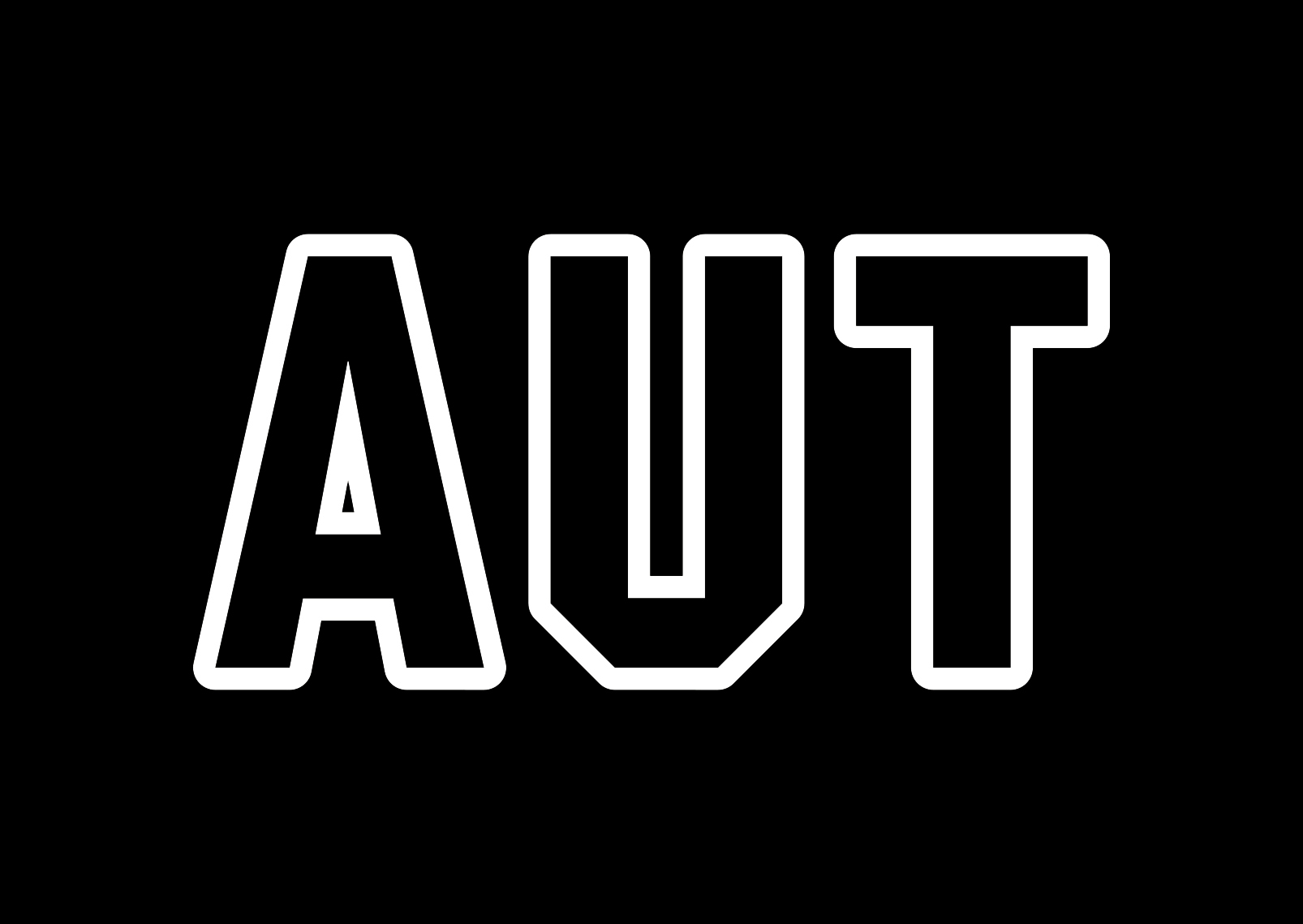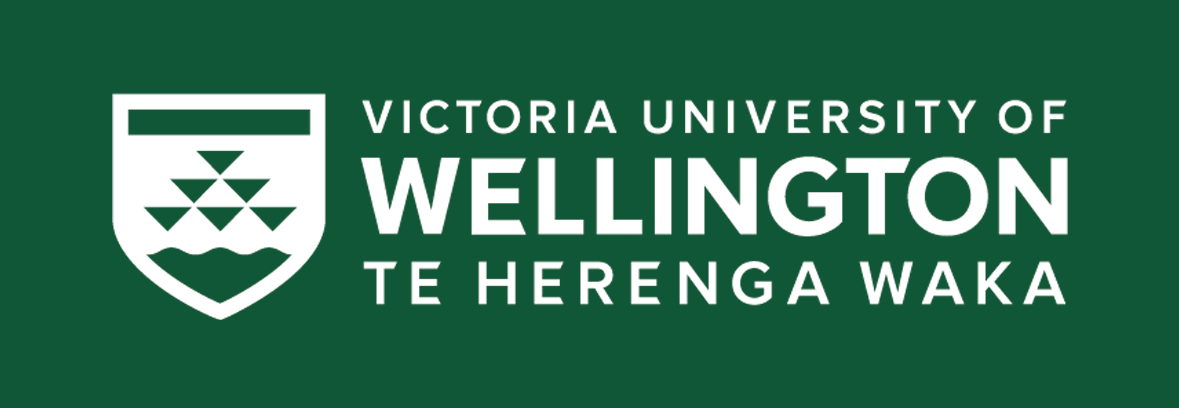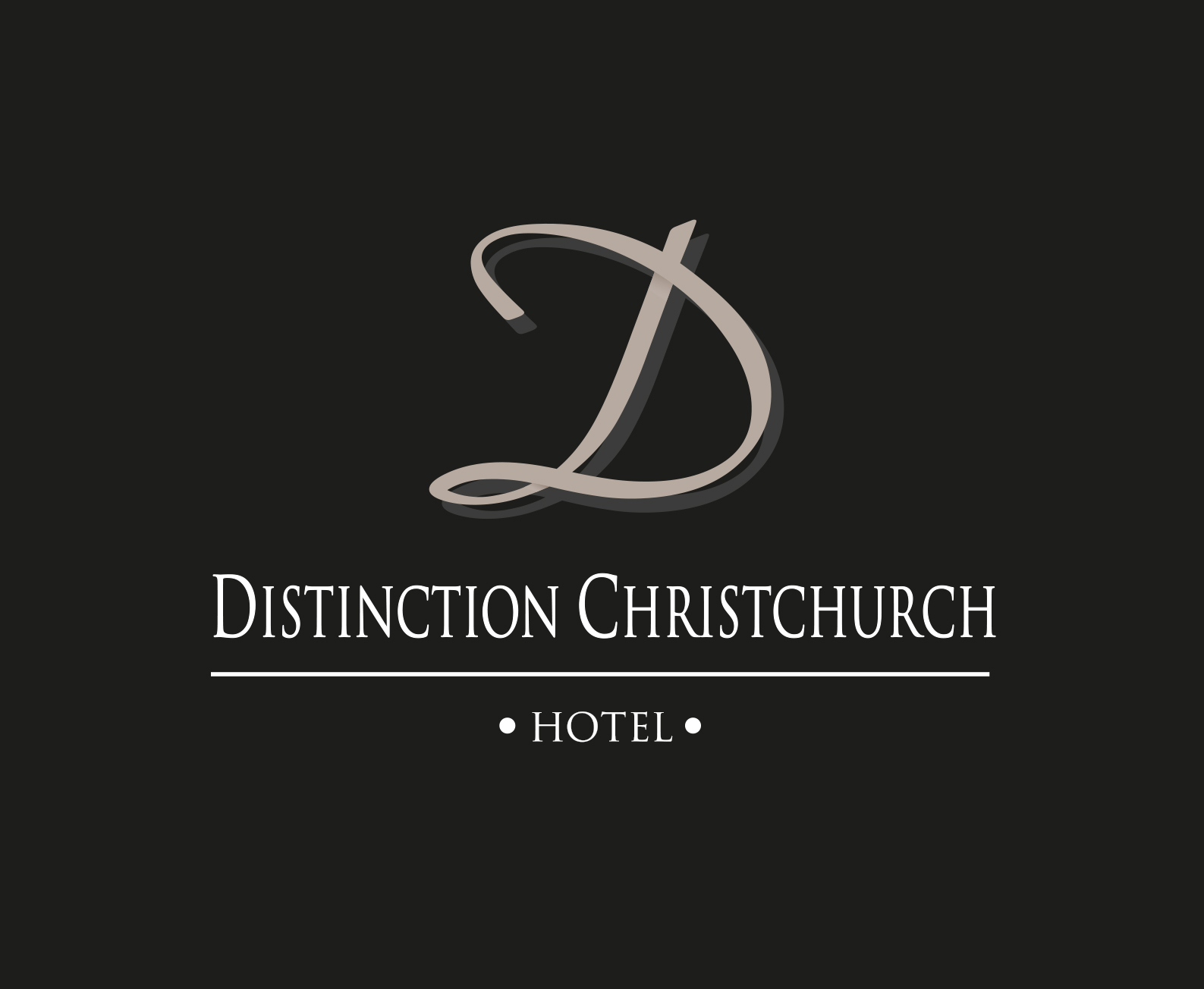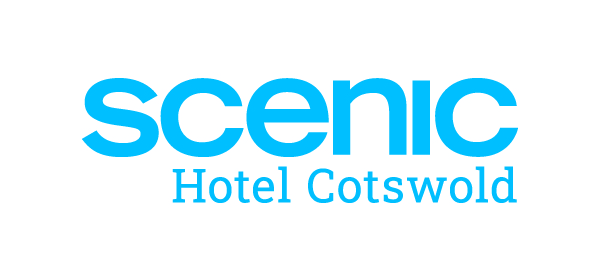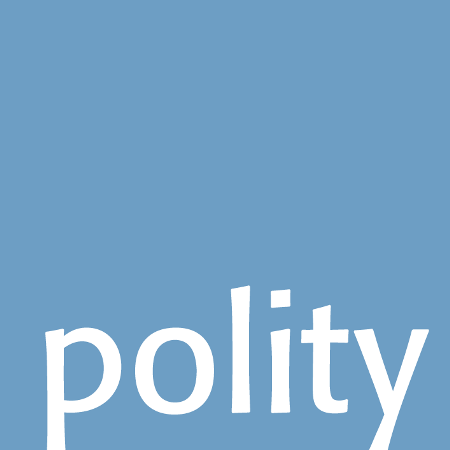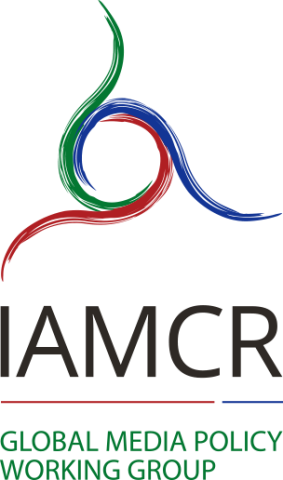
The Global Media Policy (GMP) Working Group of the International Association for Media and Communication Research (IAMCR) invites the submission of proposals for papers and panels for IAMCR 2024, which will be held in Christchurch, New Zealand, from 30 June to 4 July 2024.
The deadline for submission is 7 February 2024, at 23h59 UTC.
See the CfPs of all sections and working groups
Theme
IAMCR conferences address many diverse topics defined by our 33 thematic sections and working groups. We also propose a single central theme to be explored throughout the conference with the aim of generating and exploring multiple perspectives. This is accomplished through plenary and special sessions, as well as in some of the sessions of the sections and working groups.
The central theme for 2024 focuses on "Whiria te tāngata / Weaving people together: Communicative projects of decolonising, engaging, and listening" - which draws upon a Maori proverb about the strength that comes through common purpose.
Consult a detailed description of the main theme
The conference theme relates closely to the ongoing interest of the Global Media Policy Working Group in bringing participatory and deliberative mechanisms of policymaking to the fore. Since its inception 25 years ago, the Working Group has explored the interplay between policies, policy actors, and governance processes between the local and the global. It has offered a space to analyse how these different actors and levels influence each other; how a variety of policy actors - from governments to business to civil society - interact within and across the local, national and global; how new norms and practices of regulation emerge as a result of these interactions; and how borders and boundaries are overcome, and re-established, in the shaping of communication governance.
For the 2024 IAMCR conference, we are interested in critically exploring processes, practices and mechanisms of communication governance that may enhance or prevent inclusion, and foster or limit participation and engagement of different actors, sectors and groups in society. Multi-stakeholder practices - bringing together state actors, businesses and civil society - have been a particular area of contention, praised as inclusive and engaging form of governance, but also critiqued as a neoliberal capture of governance by business actors and prominent governments (and NGOs). In view of upcoming global forums like the UN Summit of the Future in 2024 and the WSIS+20 in 2025 - where the multi-stakeholder narrative is likely to be reproposed and multi-stakeholder practices replicated - we invite diverse and critical perspectives that explore the contemporary histories of the concept and practice of multi-stakeholder communication governance, the diverse trajectories it has taken, as well as how it operates today. Further, we are interested in other attempts to develop participatory processes and mechanisms of communication governance that incorporate the perspectives of citizens, civil society and affected communities.
The Global Media Policy Working Group therefore invites papers that address, in particular, the following:
- Historical and conceptual trajectories of multi-stakeholder communication governance
- Case studies and analyses of contemporary multi-stakeholder communication governance
- Processes and methods of engaging citizens and communities in debates (and decisions) on media/communications policies
- Transformative practices enhancing inclusive and participatory media/communications policy making (regarding, e.g., gender, racial and global injustices)
- Perspectives and practices from the Global South that inform our understanding of diverse and/or inclusive media/communication governance
- Transnational (and translocal) mobilizations and networks that address participatory challenges to communication governance and offer alternative practices
We invite papers that investigate these dynamics in the making and how they contribute to shaping contemporary global communication and media policy, offering new empirical insights, theorising media policy and communication governance in this context. We will prioritise proposals that contribute to innovative ideas, approaches and/or methodologies in addressing inclusivity, participation and deliberation in communication governance.
If your paper proposal addresses a different topic in the field of media/communications policy, please consider submitting to one of the other IAMCR sections and working groups that address policy questions.
Guidelines for abstracts
Abstracts are requested for papers to be presented in person at the conference in Christchurch. Abstracts submitted to the Global Media Policy Working Group should have between 300 and 500 words and must be submitted online here. Abstracts submitted by email will not be accepted.
The deadline to submit abstracts is 7 February 2024, at 23.59 UTC.
It is expected that each person will submit only one (1) abstract. However, under no circumstances should there be more than two (2) abstracts bearing the name of the same author, either individually or as part of any group of authors. The same abstract, or a version with minor variations in title or content, must not be submitted to more than one section or working group. Such submissions will be deemed to be in breach of the conference guidelines and will be rejected by the abstract submission system, by the Head of the Section or Working Group or by the Conference Programme Reviewer. Authors submitting the same work to multiple Sections or Working Groups risk being removed entirely from the conference programme.
Proposals are accepted for both single papers and for panels with several papers (in which you propose multiple papers that address a single theme). Please note that there are special procedures for submitting panel proposals.
See important dates and deadlines to keep in mind
Languages
Abstracts in English, French or Spanish are welcome. Presentations are also welcome in any of the three languages, but we recommend researchers to prepare their slides in English to facilitate comprehension and discussion.
See resources for IAMCR conference preparation and participation
For further information about the Global Media Policy Working Group, its themes, submissions, and panels please contact:
Arne Hintz (Co-Chair) hintza@cardiff.ac.uk
Claudia Padovani (Co-Chair) claudia.padovani@unipd.it
Sara Bannerman (Vice-Chair) banners@macmaster.ca
Preeti Raghunath (Vice-Chair) preetimalaraghunath@gmail.com

